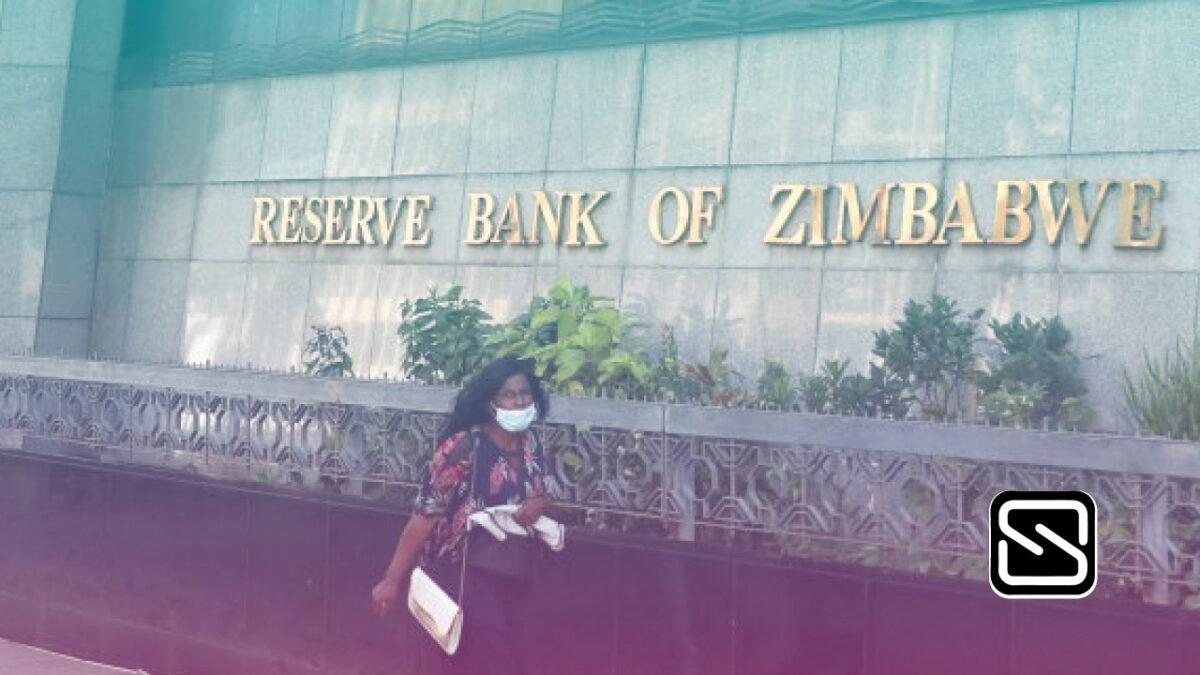Approximately $45 billion, which is around 20% of the total Ethereum in circulation, has been staked as of Monday, marking a significant milestone in the utilization of Ethereum. Staking involves users pledging tokens to the network to enhance its security and earn rewards in return. Currently, about 24 million Ethereum tokens are locked up across 744,000 validators responsible for processing transactions, as reported on a Dune Analytics dashboard created by a user known as Hildobby.
Ethereum, like several other blockchains, has transitioned from a proof-of-work to a proof-of-stake consensus model. In Ethereum’s case, validators are required to pledge a minimum of 32 Ethereum tokens to validate transactions and earn associated fees. This shift occurred in September of the previous year, and for several months, staked Ethereum couldn’t be withdrawn until an upgrade in April resolved this issue.
Before the upgrade, approximately $29 billion worth of Ethereum, equivalent to 14.5% of the circulating ETH, had been staked. The pivotal Shanghai upgrade allowed for staking withdrawals, leading up to the current milestone.
The achievement reached on Monday signifies a notable milestone in Ethereum’s progress toward a consensus model that is more environmentally friendly. Adam Cochran, a prominent venture capitalist and crypto analyst, highlighted the alignment of economic incentives with security goals as a significant advancement for the network. He expressed pride in this milestone and its implications.
Lido Finance, the largest liquid staking protocol in the crypto market, is the preferred choice for staking Ethereum among users. Lido Finance enables users to stake any amount of ETH and receive a staked Ethereum token called “stETH” in return. It currently accounts for almost 32% of all staked Ethereum. Cryptocurrency exchanges also play a substantial role, with Coinbase, Kraken, Binance, and OKX collectively holding around 19% of all staked Ethereum. Staking has offered exchanges an alternative revenue stream, particularly during bear markets when trading volumes are low.









